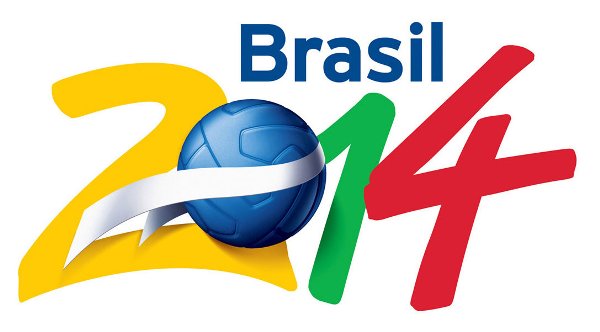By Andrew Warshaw in Doha
November 12 – Brazil’s turbulent 2014 World Cup preparations came under the spotlight again today when FIFA’s head of security warned that traditional gun-carrying methods of imposing security at games would have to end – and fast.
Speaking on the opening day of the Aspire4Sport conference in Doha, Chris Eaton said the presence of armed police, combined with the prospect of poor stewarding, could prove a nightmare for thousands of fans pouring into the country from across the world.
Brazil has not staged the World Cup for over half a century despite being champions five times but hardly a week goes by without the country being plunged into the spotlight for all the wrong reasons.
“We have to take the firearms out of the stadiums,” said Eaton. “This is going to be an issue right to the end.”
Eaton said Brazil’s approach to safety was exactly the opposite to what was needed. “It’s about high capability and low visability,” he said. “The Brazilians fill their stadiums full of military police. They are armed to the teeth. This is not the kind of visibility FIFA likes and not a good international image.”
“I have no doubt it’s going to be a very exciting and visual World Cup but the Brazilian government is going through a major catastrophe disarming military police inside the stadiums. We are not just talking about Brazilians playing Brazilians. This is a global event and we’re going to have a fight for the next two years. Undoubtedly FIFA will be engaged in fisticuffs.”
After his address, Eaton explained why he was so passionate about making sure guns are removed from stadiums in Brazil. “I feel very strongly about this and so does FIFA.
“We need to see the euphoria of the fan, the wonder of the event,” he told insideworldfootball.
“The LOC [Local Organising Community] is doing all it can to make sure the Government embraces the principle of no visible armanents in the stadium.
“FIFA discourages any overt weaponry.
“Anyway, good risk assessment should prevent people causing that sort of a problem from getting into the stadium.
“The problem for Brazil is that they don’t have a history or culture of stewarding.
“It’s a dual problem for them.”
It’s not just the stadiums that will require a new approach, said Eaton, though this was not just restricted to Brazil.
“Fan parks have become the second most important feature of the World Cup,” he said.
“They are now international and by 2022 there will be at least 20 international fans parks in iconic cities such as London, Paris, Rome, New York and so on.”
“In terms of security the fan parks are going to need an international standard which host countries will have to meet.”
Contact the writer of this story at zib.l1745191295labto1745191295ofdlr1745191295owedi1745191295sni@w1745191295ahsra1745191295w.wer1745191295dna1745191295

